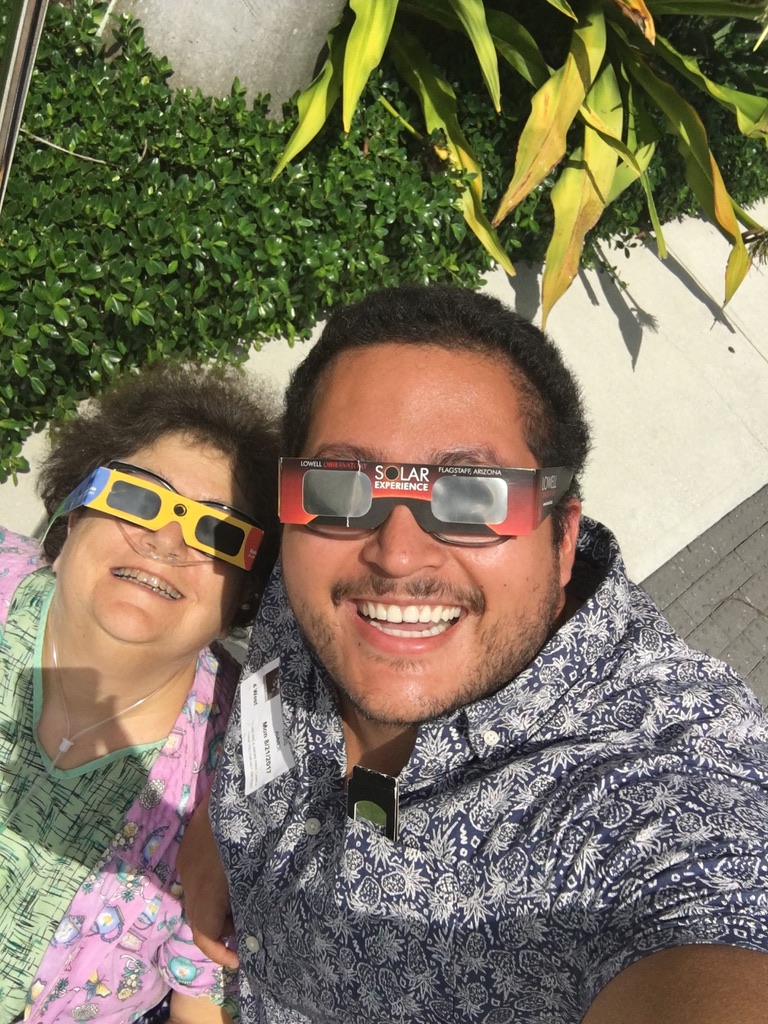Day 6: Shall We Look at the Moon, My Little Loon?
“Why do you cry?”
Music has been therapeutic for me, a way to express my feelings in a safe space. In some cases, even a gateway to uncover emotions that live deeply.
I’d like to invite you to join me in an experiment.
Please add one song of your choosing that has allowed you to feel vulnerable when thinking of grief. It could be any song you love. From metal, to Kpop. Grief isn’t just about death—it’s about loss in all its forms. You don’t have to lose someone to experience it.
Here’s a link to a Spotify playlist. Please add your own personal song.
I’m eager to hear what you share.
The song I chose is “Fourth of July” by Sufjan Stevens. I discovered it after my mom passed. It’s filled with metaphors and raw vulnerability, imagining a conversation between a mother and her grieving son.
It’s terribly sad but also a reminder to live fully, knowing life is fleeting. It inspires us to carry our loved ones with us as we move forward, not just move on.
I found myself relating to this song, especially the line:
“Did you get enough love, my little dove? Why do you cry?”
Throughout this project, you’ll read that I never doubted how much my mom loved me. So why am I crying? I got enough love, right?
It sounds almost silly, but it pushed me to dig deeper, to uncover why the pain feels so unbearable. Sometimes it’s not about the love we received but the void it leaves when that love is no longer there.
Then, there’s the line:
“Shall we look at the moon, my little loon? Why do you cry?”
It brings me back to August 2017, with my mom. I had snuck her out of the hospital with solar eclipse glasses in hand. We cracked open a Diet Coke, and I leaned up against her wheelchair as we watched the partial solar eclipse together. In that instance we promised to see the next total eclipse side by side.
“Shall we look at the moon, my little loon? Why do you cry?”
That line stays with me, because for us, it wasn’t just a metaphor—it was our last shared moment.

Why do you cry?
Finally, the song’s haunting ending repeats, “We’re all gonna die.” And while it’s true, it serves as a powerful call to make the most of the time we have.